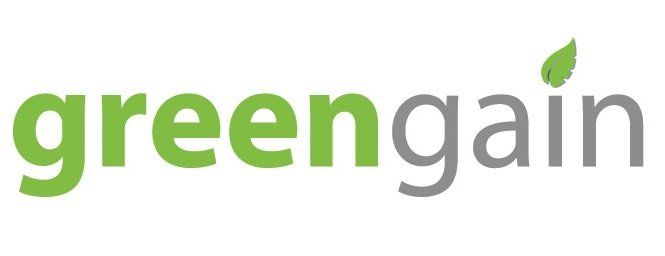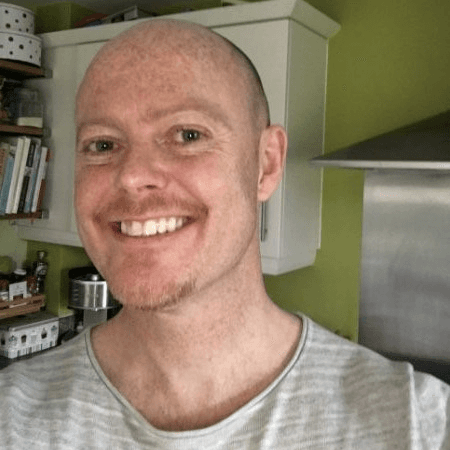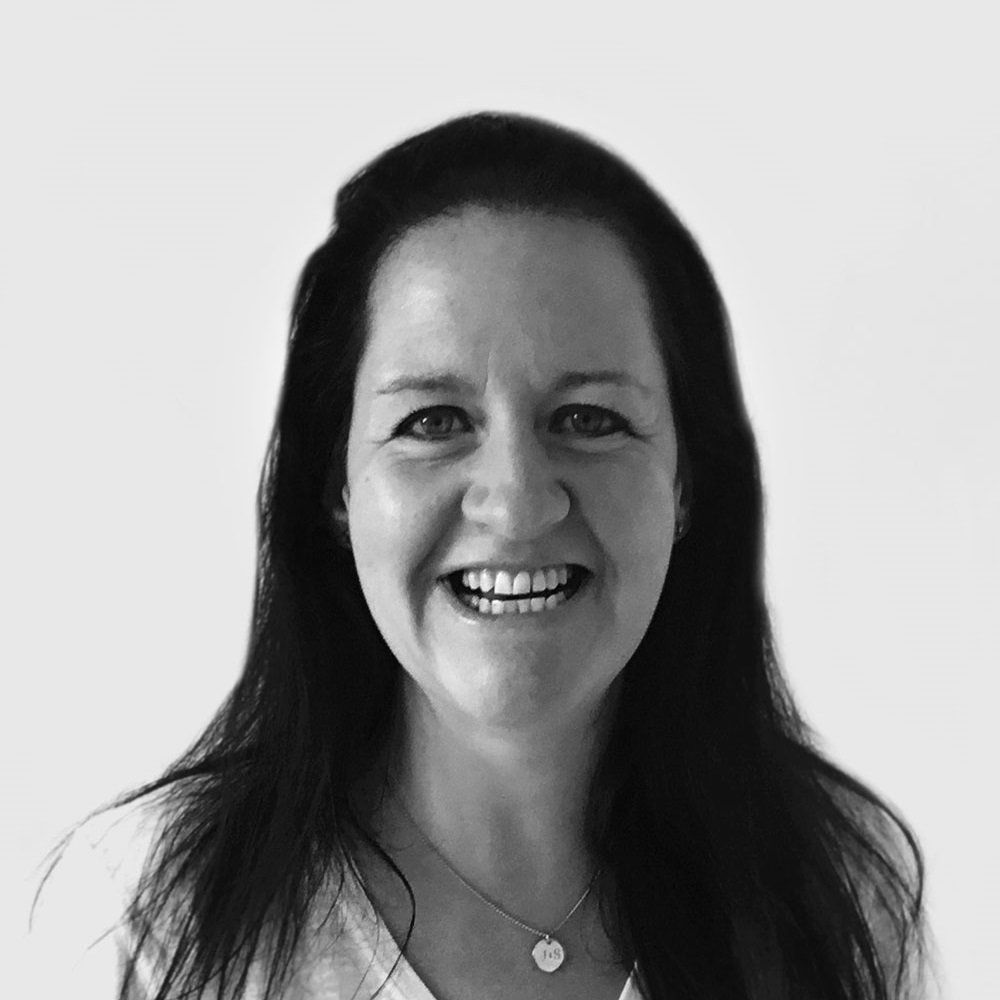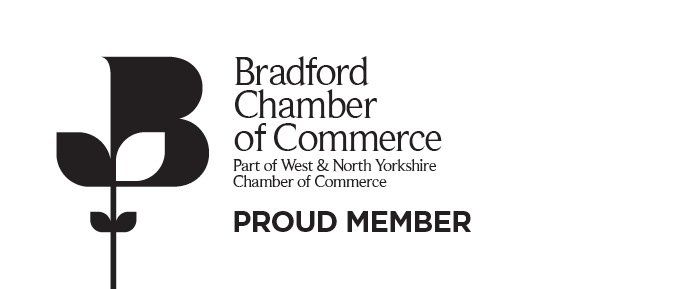About Green Gain
Green Gain was established in 2012 by Ashley Robb and Steven Ogden. Together, we have over 40 years of experience in the waste and resources management industry and have previously worked at CO2Sense, Resource Futures and SLR Consulting.
Our company values are enshrined in a number of core beliefs that underpin all of our work. We have stood by these values since the company’s inception and ensure they continue to run through the company’s DNA, providing our clients with confidence in the services we provide:
Rigour
– Our work is delivered to a standard that always meets and often exceeds client expectations.
Innovation – We harness the power of innovation by discovering new ways of working and developing products that befit a truly circular economy.
Practicality
– All of our work is based on a bedrock of practical application, not theoretical ideology.
Integrity – Our loyalty is bound by a high level of professional integrity, and customer confidentiality, evidenced by the high number of returning clients.
Company history
Green Gain delivers research, project management and direct business support to private sector and public sector clients such as the Waste Resources Action Programme (WRAP), Zero Waste Scotland (ZWS), KFC and FreshPak. From delivery of Net Zero strategies to hands-on resource efficiency support programmes to research and practical trials on closed-loop recycling and energy efficiency, we're involved in a wide range of cutting-edge projects.
At Green Gain, our professional and passionate team of consultants have quickly garnered a reputation for providing high-quality research, consultancy and business support. We have successfully secured places on a number of consultancy frameworks for WRAP, Zero Waste Scotland and the West Yorkshire Combined Authority (WYCA) - helping make the transition from a linear to a circular economy.
In recent years, we have helped organisations improve their environmental performance
through a staged approach from baseline measurement and the introduction of resource and energy efficiency improvements through to high-end innovation and the adoption of resource efficient business models.
Examples of recent projects
Simpson (York)
Green Gain are currently supporting Simpson, a York-based construction fit-out business, bring to life their Net Zero ambitions. Having developed a comprehensive and ambitious Net Zero strategy, Simpson employed Green Gain to audit their head office operations and a construction site to identify ways in which they can seemingly reduce their Scope 1 and 2 emissions, through the adoption of more energy and resource efficient practices. This has included in-depth advice on heating and lighting, manufacturing processes, renewable energy generation, fuel use and sustainable wastes management. Simpson are currently enacting these recommendations which will help them achieve their interim Net Zero targets, the first of which is in 2030.
CD (UK)
CD (UK)
is a long-established, family-owned company that provides a one-stop-shop for solid surface fabrication. It is a leading supplier of surface materials including Corian® and complementary products to deliver design-led solutions.
Green Gain delivered a Net Zero strategy to help the business reduce its Scope 1, 2 and 3 environmental impacts:
- Delivery of a baseline impact audit and production of an environmental action plan. The action plan included a pipeline of prioritised, costed opportunities for CD (UK) to reduce its impacts over the next 3 years. The action plan also aimed to drive down costs and improve profit margins.
- Research to explore circular economy opportunities for its Corian product, including strategies for end-of-life recovery and management. This involved developing a business case for the conversion of end-of-life Corian from customers into new products such as wash basins and decorative aggregate.
The business is now implementing its strategy and taking forward the circular economy opportunity with some of its multi-national customers involved in the quick service sector.
Potter Space
Potter Space
is a family-owned business with five business parks across the UK. Green Gain developed a Net Zero strategy to calculate its baseline environmental impact and to develop a plan to reduce this. Potter Space required better data through which to evidence its journey on environmental impact reduction. Green Gain’s support package provided Potter Space with:
- A baseline understanding of its environmental impacts, particularly in terms of its Scope 1 and 2 GHG emissions
- A series of opportunities for reducing its environmental impacts
- A clear understanding of the commercial case for taking these opportunities forward
The Net Zero strategy provided quicks wins to build momentum, from which more in-depth opportunities and investments can be taken forward to improve the efficiency of the business.
RSPB
Green Gain conducted a two-day audit of RSPB's Fairburn Ings visitor centre in Leeds to assess how its carbon footprint could be reduced. This largely centred on assessing a series of business cases for: replacement of lights with LED alternatives, improved insulation standards (particularly for the flooring), a water-source heat pump, a solar PV array and the potential for rainwater harvesting.
Green Street
Green Gain is currently a primary delivery agent for a new retail sustainability initiative. Green Street was established from a co-sponsored project by BEIS and the Retail Sector Council with an objective of helping small businesses become more sustainable faster and contributing to regeneration of our high streets through attracting more customers and ultimately green economic growth. The brand Green Street has been created to assist customers in identifying those shops that are delivering planet friendly shopping and a website www.greenstreet.org.uk
has been developed for our high street business to go to and get advice and help on being greener and quicker. With funding support from Bradford Council, Green Street Bradford is working with up to 25 pioneer businesses who will take the theory and work with experts to transform their operations to become more sustainable, profitable businesses. This will include collaborative projects to deliver broader environmental impact reduction and community regeneration.
Lidl and WRAP - Support to develop Wholechain plan for cod-based products
Green Gain is working closely with Lidl and WRAP to identify food surplus and waste ‘hotspots’, upstream and downstream, in the Lidl
GB wild-caught cod fillets value chain. This is involving the completion of a root cause analysis, a review of findings, and prioritisation of solutions to trial. The principal aims being:
- To reduce food surplus and waste in Lidl GB’s own operations and supply chain to support target of 50% reduction in food waste by 2030.
- To support Lidl's cod supplier to identify and reduce food waste, improving efficiency of resources and facilitating potential cost savings within the Lidl GB supply chain and their own wider business operations.
- To identify new product development opportunities to use smaller fish that are outside specification.
- To implement actions that raise awareness and support Lidl customers to reduce food waste at home.
Mizkan Europe
Mizkan Group
is a global business with over 210 years’ experience in producing high quality food products. Mizkan Euro has continued this worldwide trend of producing high quality food products by recently adding UK number one brands, Branston Pickle, Haywards Pickled Vegetables and Sarson’s Vinegar to its portfolio as part of its growth plan, cementing its position as chutneys, relishes, pickled vegetables and vinegar category experts. Green Gain assisted Mizkan Europe to better understand the hotspots and drivers of food waste and surplus within their UK manufacturing operations to enable them to:
- Identify relevant food waste reduction opportunities
- Set appropriate food waste reduction targets
- Create a business case for change
- Commit to the UK Food Waste Reduction Roadmap with an established food waste reduction action plan in place.
The 'waste mapping' project aligns with WRAP's Courtauld Commitment
target to achieve a 20% per person reduction in food and drink waste associated with production and consumption of food and drink in the UK, post farm gate. The project will also help to deliver our wider UK Food Waste Reduction Roadmap ambition to help support delivery of the SDG12.3 target to cut in half per capita global food waste at the retail and consumer level, and reducing food losses along production and supply chains (including post-harvest losses) by 2030.
West Yorkshire Combined Authority (WYCA) - REBiz Resource Efficiency Programme
On behalf of WYCA, Green Gain delivers a funded programme of resource efficiency support to SMEs based in West and North Yorkshire. We can offer free energy efficiency audits and consultancy advice, hands-on business support, and link these businesses through to capital grant funding of up to £40,000 to help you save money, material resources and carbon. To date, we have conducted over 200 environmental audits, providing businesses with support on low cost efficiency savings as well as developing business cases for adoption of renewable energy technologies.
West Yorkshire Combined Authority (WYCA) - REBiz Circular Economy
Green Gain is also delivering a further programme of support on behalf of WYCA. This is a funded programme of Circular Economy support to SMEs in West and North Yorkshire. Businesses can potentially receive up to 30 days of free consultancy support. The aim of this service is to stimulate the development of circular economy business models, products and services. Circular Economy Business Models (CEBMs) keep products and materials in use, by design, for as long as possible to get the maximum value from them. To date, we have supported a total of 40 start-up, fledgling and established businesses to develop circular economy business propositions through a combination of:
- Eco-Design support to facilitate the end-of-life recovery of products through re-manufacturing and recycling
- Design for product durability to extend the life of your products
- Moving from product sales to product hire, leasing and incentivised return, in order to retain long-term ownership over precious raw materials
- Bio-mimicry - copying systems used in nature
- Valorisation - converting wastes into high value products and raw materials
- Innovation - invention, creativity, experimentation, entrepreneurship and collaboration.
UK Food Waste Reduction Roadmap
We have been working very closely with the Waste Resources and Action Programme (WRAP), funded by DEFRA, to engage businesses on the UK Food Waste Reduction Roadmap
which was developed in conjunction with IGD and which all of the UK’s largest retailers and many of the food producers and manufacturers, wholesalers and hospitality & food service companies have committed to and whose current members are include the likes of Costco, Coca-Cola, Aldi, ASDA and Waitrose. The ambition of the programme is to reduce the amount food wasted across the supply chain by 50% by 2030, in line with the United Nations Sustainable Development Goal (SDG) 12.3.
Fiberight
We recently supported a company called Fiberight
by completing a UK waste mapping exercise looking at potential sources of feedstock supply. Fiberight, creates environmentally friendly and economically sustainable processes to recover, recycle and re-purpose valuable material found in everyday household waste. Fiberight is commissioning its first full scale plant using its novel “Waste to product” process in Hampden, Maine (USA), using proprietary technology developed by the company over the last ten years. Fiberight is also in the process of raising the funds to develop further plants and has identified the UK as a key target market for its technology platform.
NHS Digital
The aim of this work was to carry out a verification exercise of the base data used to calculate Scope 1 (direct GHG emissions) and Scope 2 carbon emissions (indirect GHG emissions from consumption of purchased electricity, heat or steam) from the NHS Digital
estate. A review was undertaken of previous activities in respect of collecting and reporting energy and water figures for use in carbon reporting, providing trend analyses of the input data and highlighting any anomalies that underlie the respective data sets.
Strategic Innovation (Oman)
We assisted the Omani Government to increase the competitiveness of the whole fisheries industry in Oman. We were sub-contracted by Strategic Innovation Ltd
to map the potential increase in waste streams from increased processing of fish in Oman.
WRAP Cymru
We completed some business support for three companies in Wales (Castlegate 535, EcoKeg, Capital Valley Plastics and Mainetti) to increase the recycled content of their primary product manufacture. The work involved seeking sources of new plastic feedstock and engaging with reprocessors to meet material specification requirements. We also designed a self-diagnostic resource efficiency tool that SMEs can use to identify current operational costs and carbon impact and thus identify any low or no-cost resource efficiency measures.
WRAP Courtauld Commitment 2025 (C2025)
We provided support to C2025 signatories in the Hospitality and Food Service (HaFS) sector on food waste prevention. We worked with the likes of KFC, Accor Hotels and Pizza Hut to help manage data effectively, raise awareness through staff training and introduce measures that prevent food from being wasted. In 2018, we successfully delivered food waste prevention training for front-line staff on behalf of Accor Hotels.
WRAP food waste valorisation
This WRAP funded programme of work, delivered under the C2025, focused on the unavoidable food waste emanating from large corporate food manufacturing plants. Working within the consortium with the Biorenewables Development Centre (BDC)and Lucid Insight, we mapped waste arising across the bakery, fresh produce and drinks sector businesses. We developed innovative opportunities for extracting compounds from the food waste that could be used in high-value markets, from food to the cosmetics and health industries. We helped to develop the business case for investing in new processes and establishing new supply chains to maximise the value from unavoidable food by-products.
Zero Waste Scotland (ZWS)
We have completed business support work for innovative early stage businesses that are each respectively seeking to recycle old CRT TV panel glass into a decorative aggregate, create a digital trading platform for the sharing of redundant assets and develop a pilot plant designed to extract high-value chemicals from used coffee grounds. We are now supporting three start-up companies (MiAlage, Biopower Technologies and ENREN) to get a foothold in Scottish bio-economy through providing market development and access to finance support).
KFC UK
We assisted KFC with the procurement of a new waste contract that allowed KFC to appoint a high-performance recycling contract, enabling them to make the move from ‘waste management’ to ‘resource management’. We also helped KFC with their waste data reporting mechanisms particularly involving their franchised restaurants.
FreshPak
We designed and implemented a resource efficiency strategy for the UK’s largest dedicated manufacturer of fresh sandwich fillings, FreshPak, and oversaw the introduction of a series of recommendations that led to significant cost savings in the current waste, water and energy management operations, including ESOS compliance. We have just recently completed their second stage ESOS compliance stage.
Flexiform
We undertook a carbon foot-printing exercise of 6 furniture products for Flexiform
to provide the business with a competitive advantage when tendering for large-scale public-sector contracts.
















